DZL Boiler: Engineering Excellence in Biomass Systems
DZL boiler is a water-tube boiler composed of three drums. It is a biomass boiler independently developed by ZOZEN Boiler and has independent intellectual property rights. The boiler adopts an assembled structure, consisting of two large parts, the upper large part is the main heating surface, and the lower large part is the combustion equipment. Water-cooled walls are arranged around the front of the boiler body, the upper part is connected to the drum, and the lower part is connected to the header, forming a combustion chamber to absorb the radiant heat from the furnace; the rear part is arranged between the upper and lower drums. Convection tube bundles are arranged. After the fuel is burned in the furnace, the high-temperature flue gas exits the furnace and horizontally flushes the heating surface of the convection tube bundle, then enters the economizer, and finally enters the dust collector and is discharged through the chimney. In an industry where solid fuels are still indispensable, the adaptability of DZL boilers to biomass ensures its irreplaceable position in the energy system.
Redefining Performance Through Technological Innovation
While the foundational design of the DZL boiler has proven its durability over decades, continuous innovation remains essential to address evolving industrial demands. ZOZEN BOILER has emerged as a pioneer in elevating this technology through four core domains: combustion optimization, thermal efficiency enhancement, structural refinement, and intelligent integration. These advancements transform the DZL boiler from a conventional workhorse into a sophisticated energy system capable of meeting contemporary challenges.
Combustion Engineering for Fuel Versatility
The inherent complexity of solid fuel combustion—ranging from inconsistent calorific values to variable ash compositions—demands precise control mechanisms. ZOZEN’s breakthrough lies in a staged air distribution system that dynamically adjusts oxygen supply across the grate’s zones. This innovation ensures complete biomass combustion while minimizing unburned carbon loss and nitrogen oxide formation. For biomass fuels with high volatile content, the system’s adjustable grate speed and air dampers prevent flame impingement, maintaining stable combustion dynamics even with fluctuating feedstock properties.
Thermal Efficiency Through Precision Heat Transfer
Traditional DZL boilers often face limitations in heat recovery due to their easily scaled surfaces and uneven airflow distribution. The chain grate and independent air chamber design of ZOZEN boilers ensures full fuel combustion. At the same time, ZOZEN’s grate configuration is more scientific and reasonable. Chain grates or reciprocating grates are configured according to user needs to meet the combustion of various biomass fuels. The high-temperature resistant grate also improves reliability.
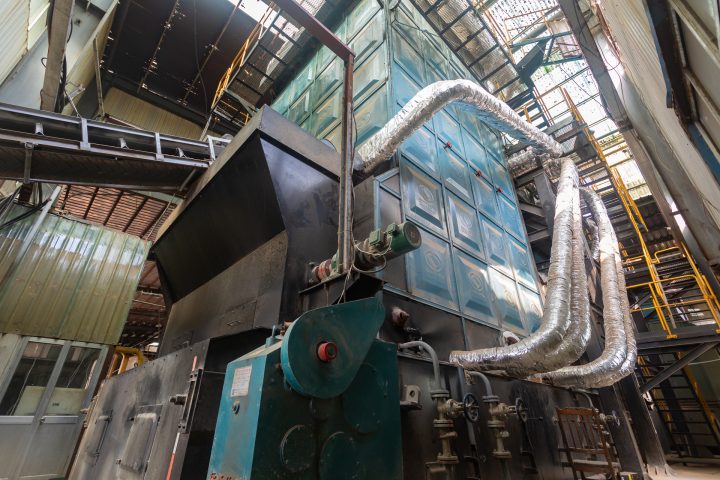
ZOZEN 15 ton DZL boiler
Structural Innovations for Durability
The mechanical stresses inherent in cyclic solid-fuel operations historically contributed to premature component wear. ZOZEN’s reinforced drum structure, engineered with finite element analysis, distributes thermal loads more evenly, mitigating fatigue cracks at critical weld joints. The side water wall tubes, arranged in a membrane panel configuration, eliminate cold spots in the furnace while enhancing structural rigidity. These refinements extend maintenance intervals and prolong the boiler’s operational lifecycle, particularly in environments where frequent load variations are common.
Intelligent Control for Predictive Operations
Digital transformation has permeated even solid-fuel boiler systems. ZOZEN’s intelligent control suite embeds IoT-enabled sensors throughout the DZL boiler’s architecture, enabling real-time monitoring of parameters such as grate temperature, flue gas composition, and drum water level. Machine learning algorithms analyze historical and live data to optimize combustion settings automatically, adjusting air-to-fuel ratios for peak efficiency.
DZL Boiler: Adaptable Solutions Across Industrial Landscapes
The DZL boiler’s versatility becomes most evident when deployed across diverse industrial ecosystems. For biomass-rich regions, the boiler’s fuel-flexible design accommodates agricultural residues like rice husks, wood chips, or pelletized crop waste, converting low-value byproducts into high-value thermal energy. By repurposing biomass waste into a reliable heat source, the DZL boiler turns environmental liabilities into economic opportunities.
In food processing facilities, where steam purity and consistent thermal output are critical, the DZL boiler’s advanced combustion system ensures complete biomass burnout, minimizing ash deposition and maintaining clean heat exchange surfaces. This reduces downtime for cleaning and maintenance while safeguarding product quality. Similarly, in pulp and paper mills, the boiler’s ability to handle high-moisture biomass fuels—like bark or sludge—without compromising efficiency provides a stable energy solution for continuous production cycles. Even in sectors with stringent hygiene standards, such as pharmaceutical manufacturing, the DZL boiler’s precise air-fuel ratio control and low-emission combustion profile meet regulatory demands without sacrificing performance.
Beyond cost efficiency, the DZL boiler’s environmental benefits align with global sustainability goals. By displacing fossil fuels with renewable biomass, industries can achieve significant carbon footprint reductions.
Selecting the Optimal DZL Solution: A Strategic Guide
Determining whether a DZL boiler aligns with an industrial facility’s needs requires evaluating several factors. First, fuel availability plays a pivotal role: regions with abundant biomass waste is prime candidates. Second, operational profiles matter—continuous 24/7 processes benefit from the boiler’s steady output, while intermittent operations gain from ZOZEN’s rapid start-up capabilities. Third, environmental regulations must be considered; ZOZEN’s emission-optimized DZL boilers meet standards in many jurisdictions, but local permitting requirements should be verified.
For those opting for ZOZEN’s DZL boiler, customization options ensure alignment with specific requirements. Biomass-focused installations can integrate automatic ash discharge systems and anti-corrosion coatings to handle alkali-rich fuels.
Ultimately, the DZL boiler’s enduring relevance stems from its capacity to evolve. As industries navigate the dual imperatives of decarbonization and cost competitiveness, ZOZEN’s innovations in this domain provide a bridge between tradition and transformation. Whether powering a rural biomass plant, the DZL boiler remains a cornerstone of reliable, adaptable thermal energy generation. By choosing a partner that combines engineering heritage with forward-thinking R&D, industries can secure both immediate operational benefits and long-term sustainability credentials.
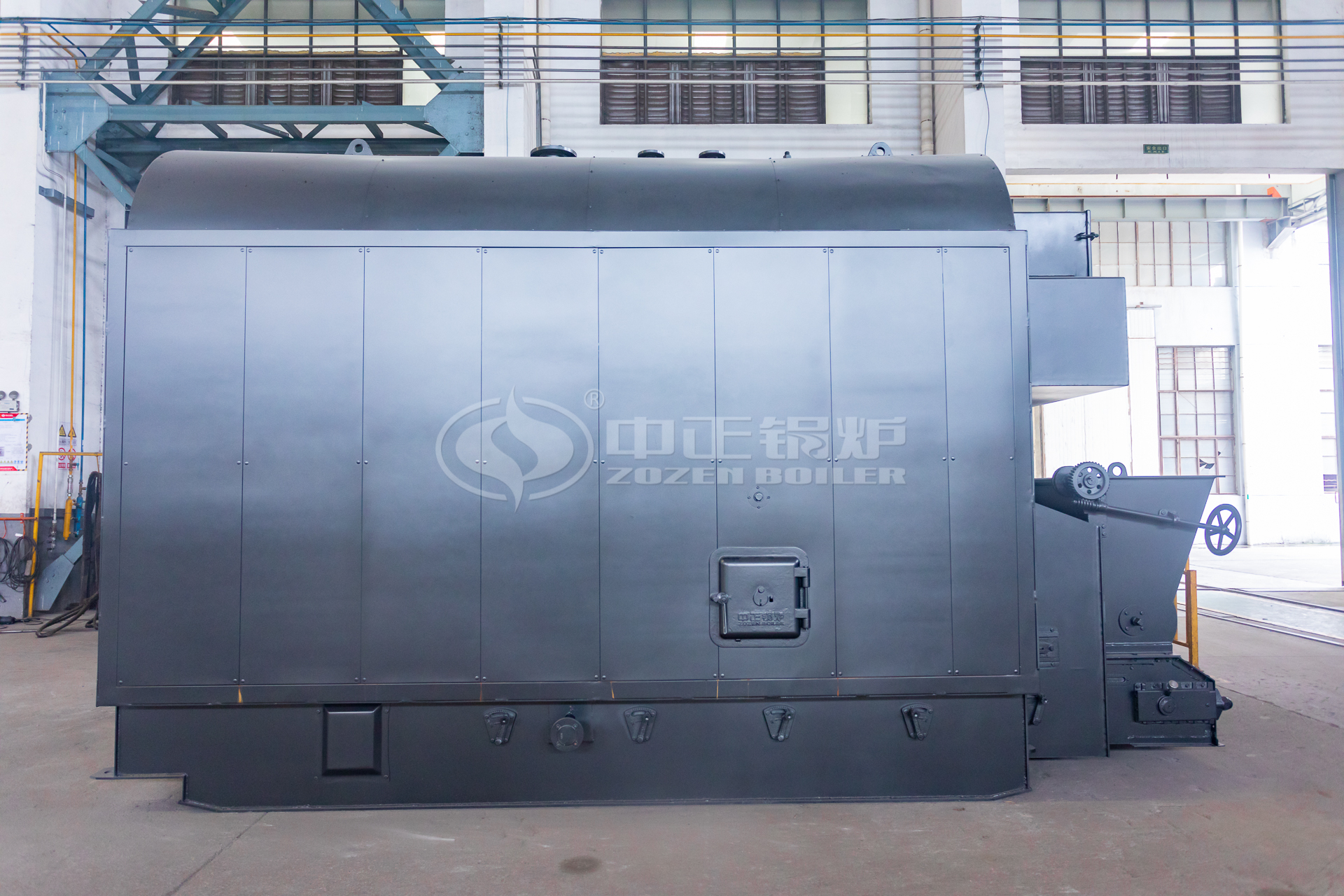
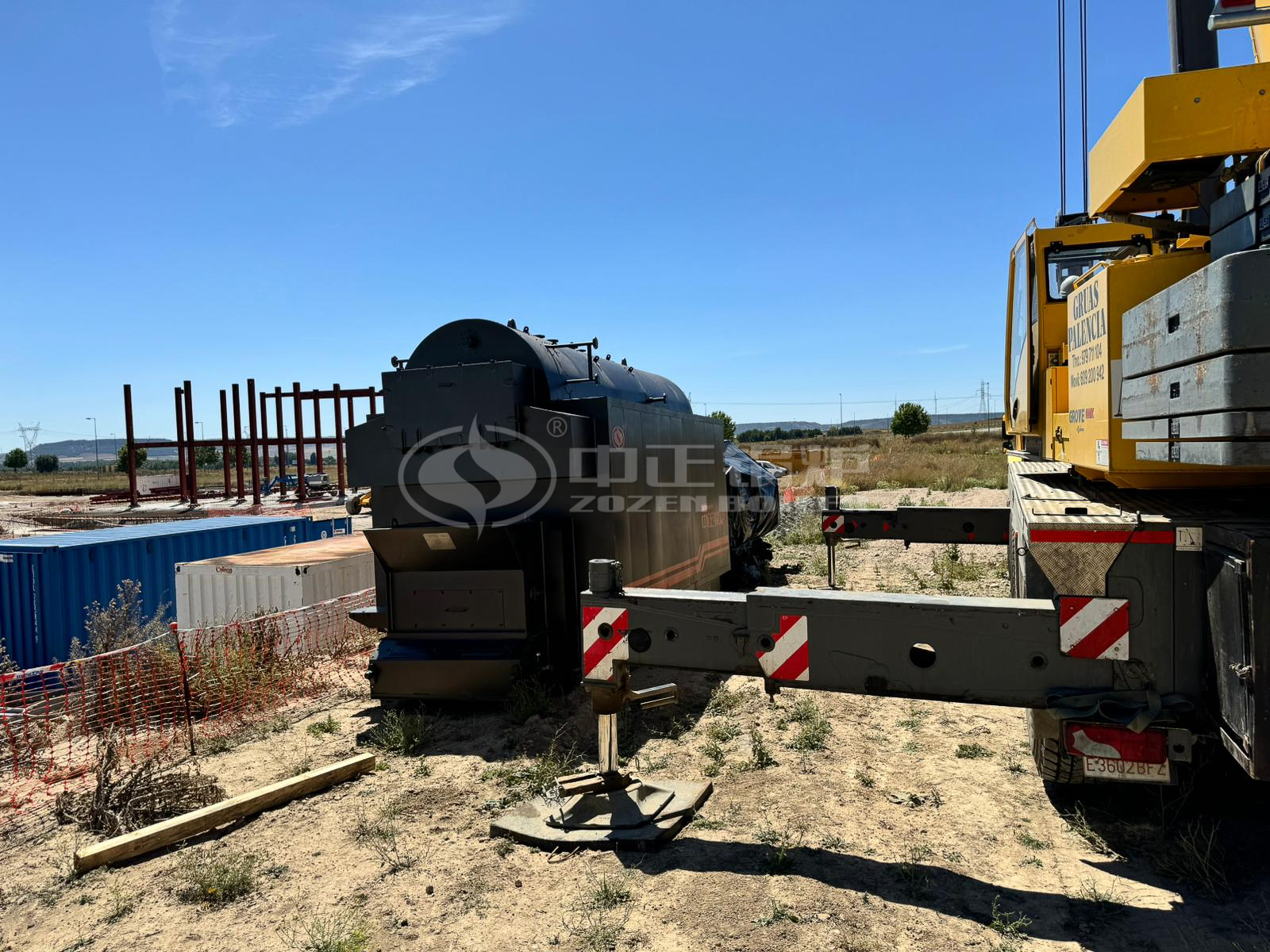
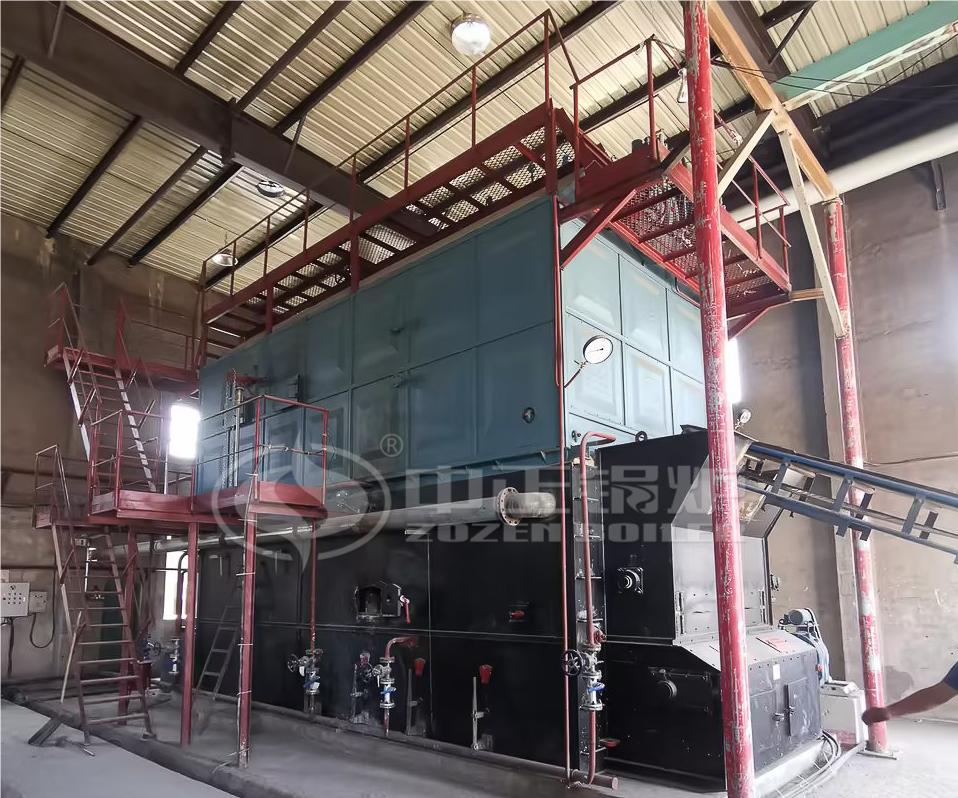
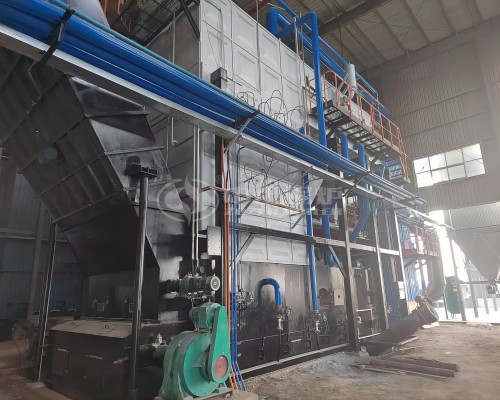
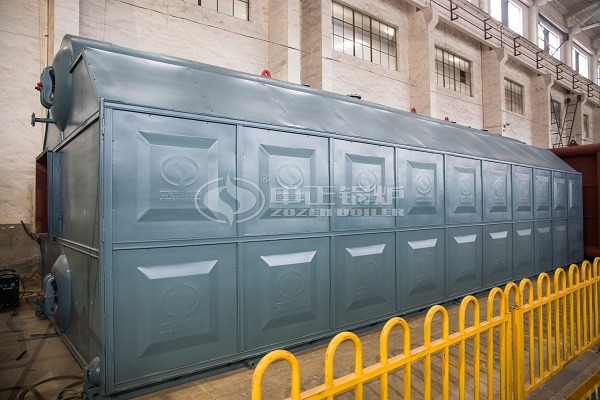
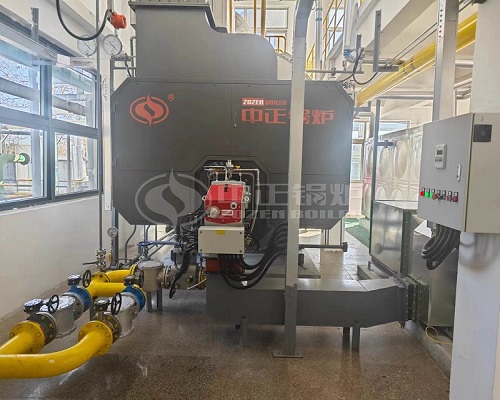

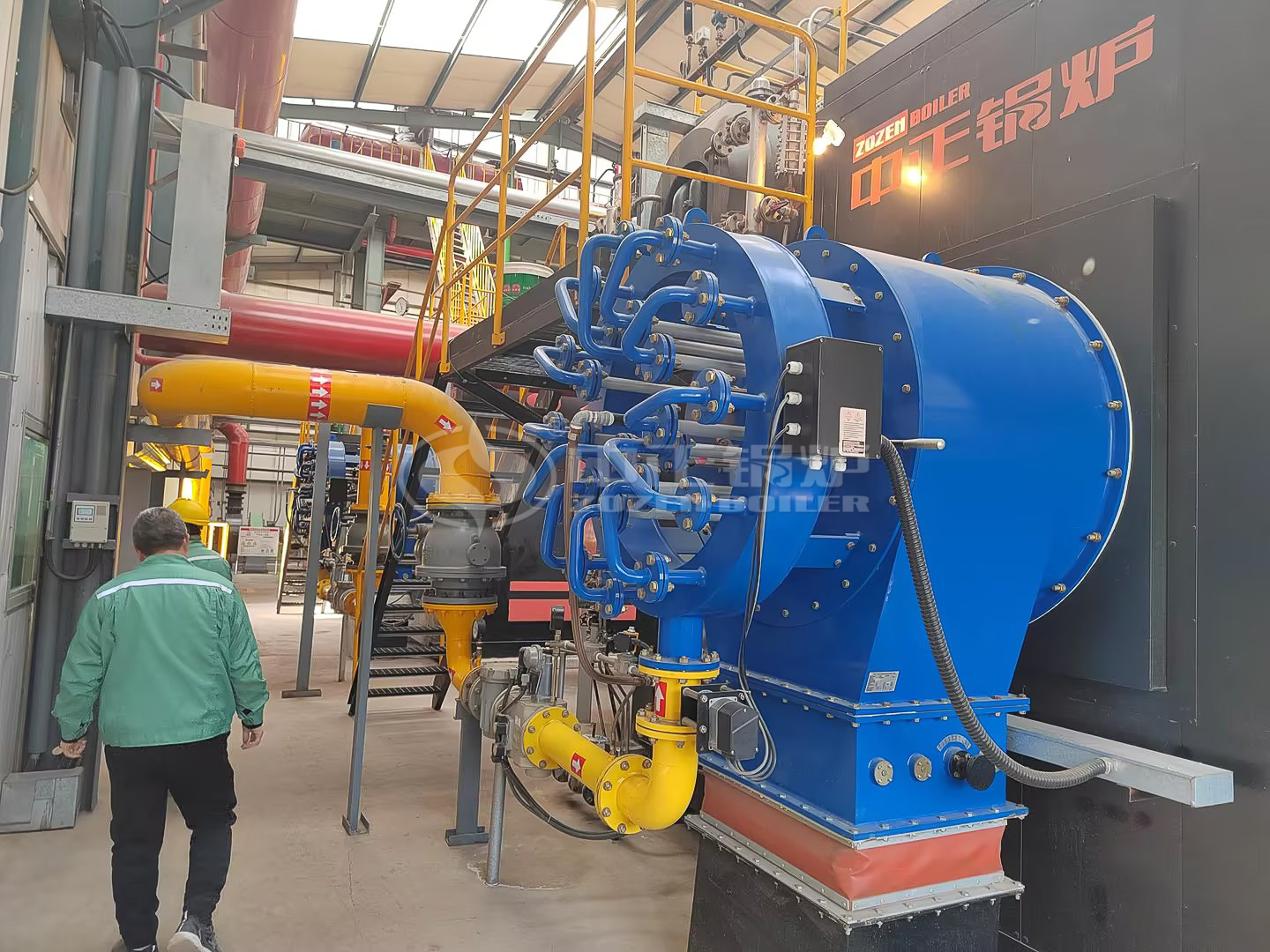
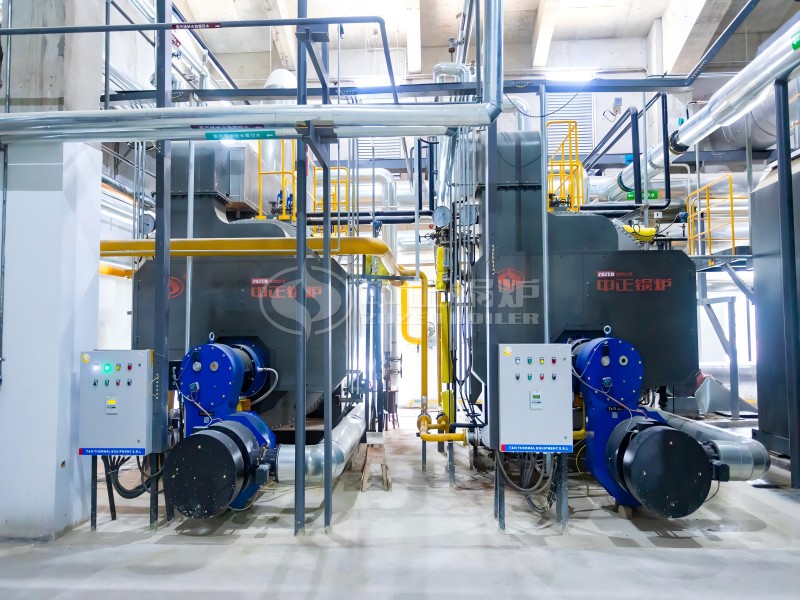
Leave a Reply